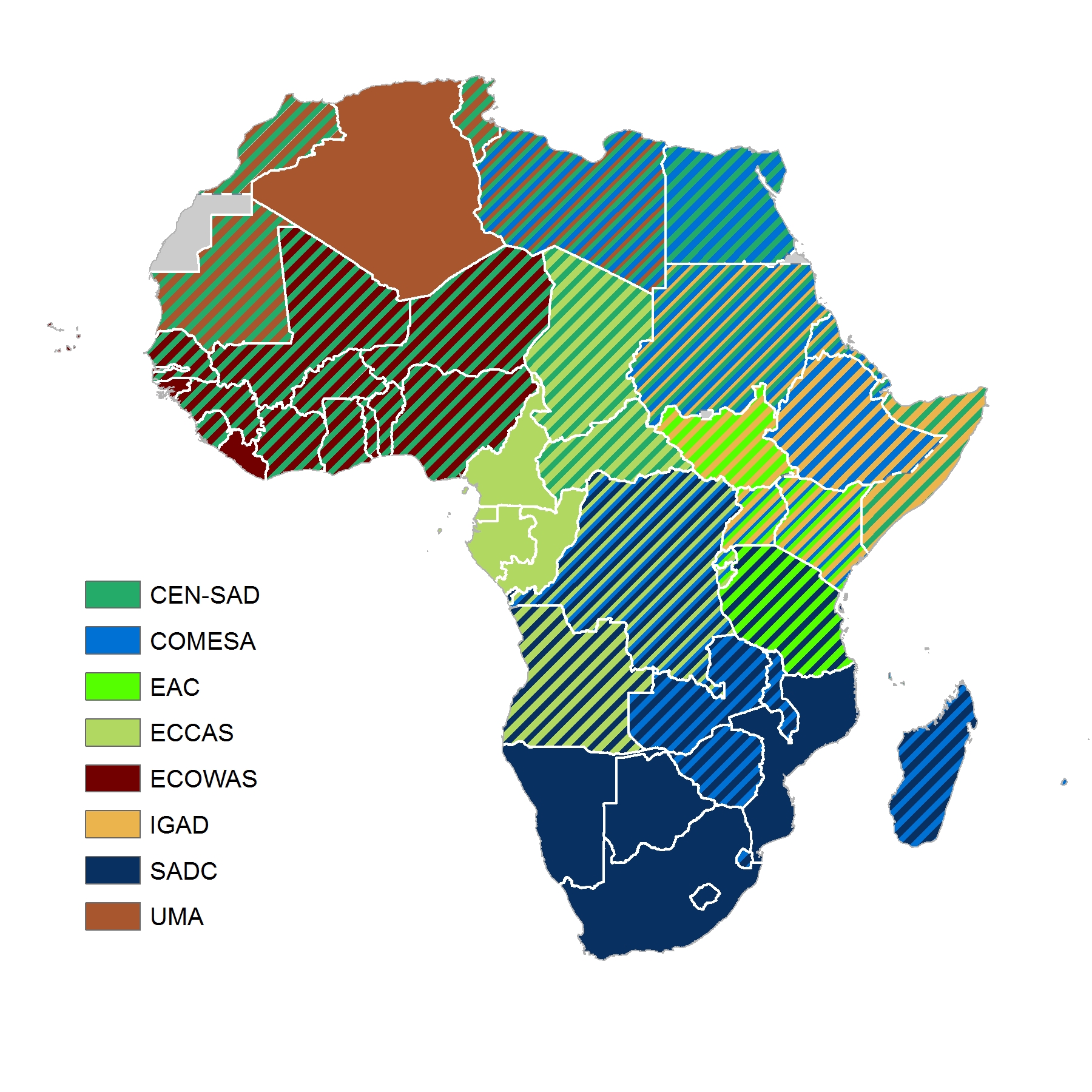Is Gambia the Model or the Exception for Africa's ability to solve its own problems
While Americans were preparing for (or coming to terms with) Donald J. Trump becoming the next President of the United States, in the tiny West African nation of The Gambia loomed anxiety over the peaceful transfer of power.
Since its independence in 1965, The Gambia has had only two presidents (excluding its current President Adama Barrow). The country's first president, Dawda Jawara served from 1970-1994 until he was killed in a coup by its second president, Yahya Jammeh-- the incumbent who was defeated by Adama Barrow on 1 December 2016 in a democratic election. Initially, Jammeh accepted the results, but recanted after only two days and called for a new election which would be run by a "God-fearing person." Not a shocking statement from a man who claims to hold the cure for aids and was told by God he would rule the country for a billion years. I'm not kidding, see for yourself.
Jammeh threatened the security of the West African sub-region by refusing not to give up power which raised serious concerns for the Economic Community of West African States (ECOWAS) pronounced "echo-whaz". ECOWAS is a 15 country member state community for West Africa. While initially formed to promote economic integration across the region, it has developed into an alliance that also responds to conflicts such as in the cases of Liberia and Sierra Leone. To prevent political instability in Gambia, leaders of ECOWAS visited Gambia to mediate conversations and convince President Jammeh to accept defeat and step down. When those attempts failed, ECOWAS threatened Jammeh with a joint militia led by Senegal armed forces. Meanwhile, to secure incoming President Adama Barrow's safety, he was sworn into office in the Gambian Embassy in Dakar, Senegal. Two days later, amidst the threat of ECOWAS military intervention, Jammeh left the country, stealing a reported 11 million in public funds and a plane full of luxury items for his new residence in Equatorial Guinea. ECOWAS secured the safety and return of President Barrow and agreed to provide temporary troops to stabilize the country.
President Adama Barrow and wives Fatoumatta Bah and Sarjo Mballow at his inauguration.
Although I am proud of what ECOWAS was able to accomplish in The Gambia, some might argue whether ECOWAS would have used the same tactics if the situation was in one of the more powerful countries in the region such as Nigeria or Ghana. For example in Ivory Coast, when President Laurent Gbagbo occupied the presidential palace and threatened use of armed forces to avoid leaving power after losing the election to Alassane Ouattara, it was the United Nation who took the lead and sent troops to protect Ouattara. ECOWAS initially remained on the sidelines and the problem carried on for nearly 6 months, displacing and killing thousands.
This is not an attempt to cite past failures of ECOWAS but to raise the question of whether or not the continent can lean on one another in times of political crisis. The continent has multiple regional blocs just like ECOWAS that is capable of developing economic and political institutions as well as managing good governance.
With the rise of populism in western countries and the backlash against globalisation and multinational agreeements; it is important now more than ever before for Africa to develop a model for addressing its own problems.
~Signed Chantal Victoria — Writer, Publisher, and Academic.







What a Compensation Package should look like for Blacks in 2020